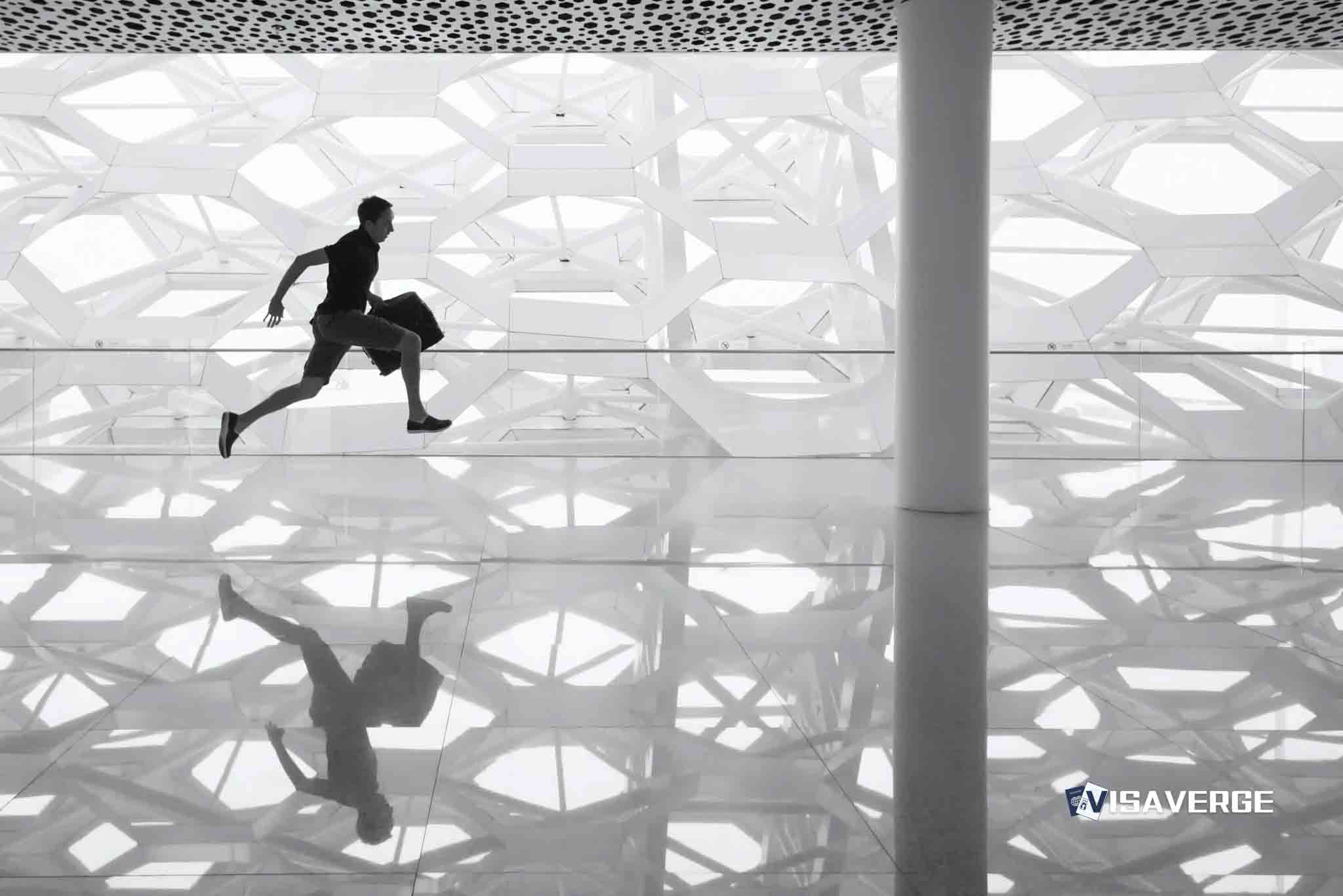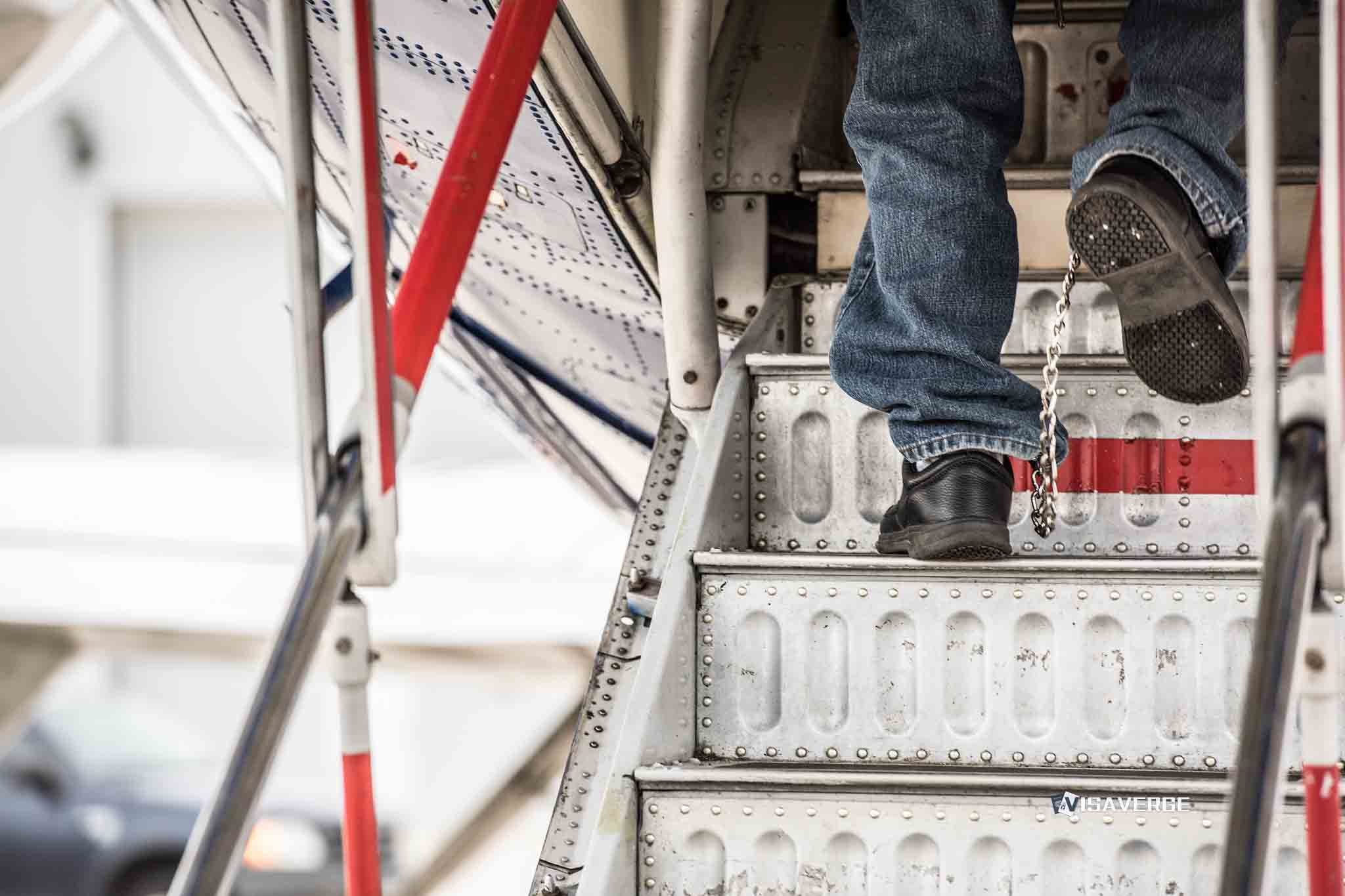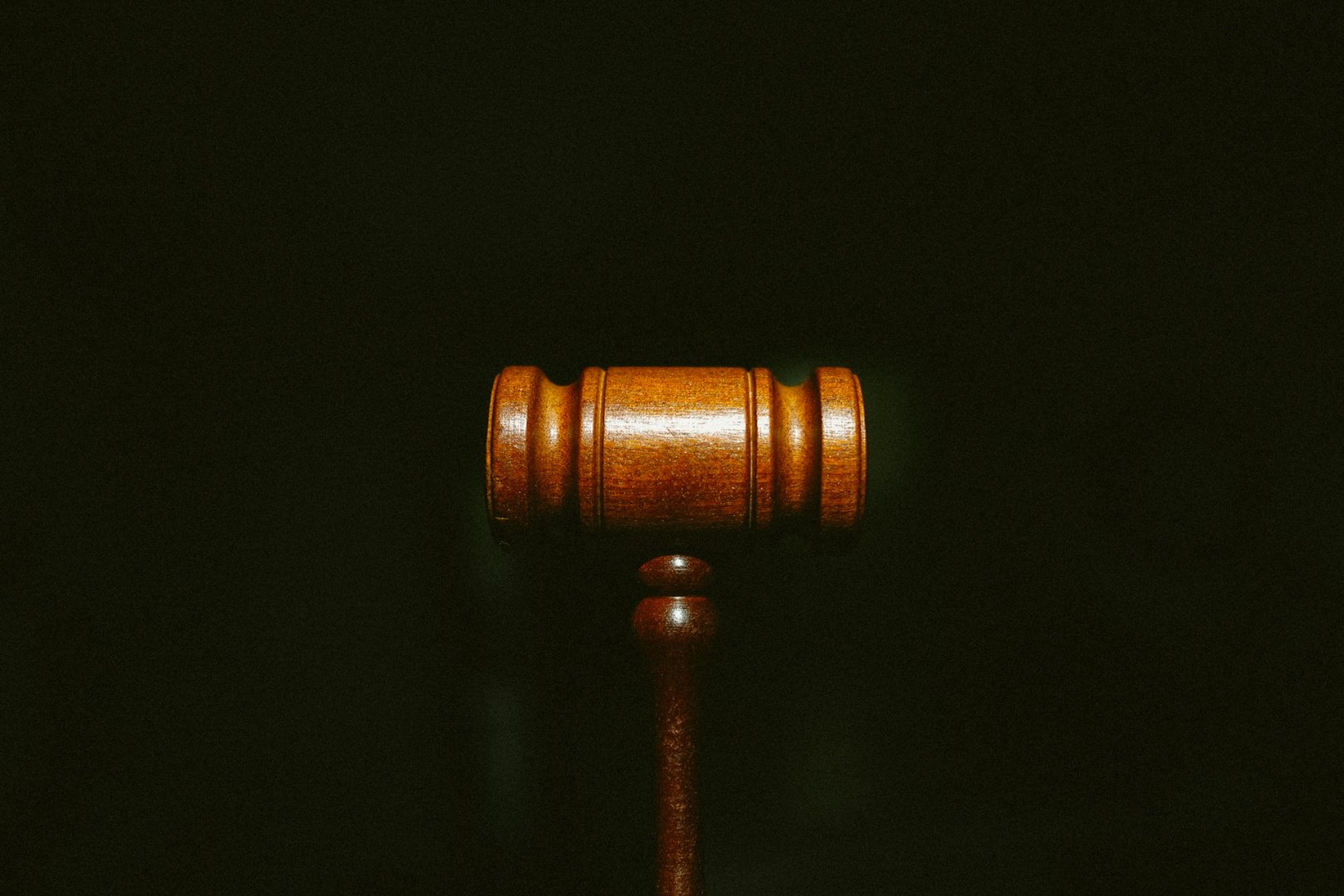(BALTIMORE) Immigration took center stage at the USCCB Fall Assembly from November 10–13, 2025, as U.S. Catholic bishops gathered here to press for changes to immigration policy, highlight detainees’ rights, and warn that current enforcement is harming families and religious freedom. The bishops pointed to over 2 million deportations under policies they linked to President Trump’s approach, saying the scale of removals, family separations, and fear rippling through immigrant parishes demands urgent action. They said the issue is both a moral test and a pastoral emergency for the Church in the United States 🇺🇸.
Detention conditions and religious access

In opening statements, several bishops described a broad pattern of hardship inside immigration detention, including parents split from children and people kept from priests and sacraments when they ask for spiritual care.
Bishop Kevin C. Rhoades, who leads the USCCB Committee for Religious Liberty, spoke of the “heartbreak” he sees in detained Catholics cut off from family and worship. The conference pressed federal agencies to ensure regular access to clergy and faith materials for anyone held by Immigration and Customs Enforcement, saying religious freedom does not stop at the detention gate.
- The bishops urged:
- Regular clergy access to detained people
- Availability of faith materials and sacraments where safe
- Policies that prevent unnecessary separation from family and pastoral care
“Religious freedom does not stop at the detention gate.” — Bishop Kevin C. Rhoades
Fear in parish life and due process concerns
Pastors report meeting more parishioners who fear even basic interactions with local institutions. The bishops tied that fear to stepped-up enforcement, narrowed legal paths, and cases where due process breaks down.
They affirmed the need for:
– Secure borders and measures against violent crime
– Fair hearings and protection of immigrants’ due process rights
– Policies that allow worship and pastoral care to continue uninterrupted
The bishops argued that stable rules and humane treatment work together, urging Congress and federal agencies to reset course so enforcement does not undercut family unity or religious liberty.
Leadership voices and backlog issues
Bishop Mark J. Seitz of El Paso, outgoing chair of the USCCB Migration Committee, delivered a pointed critique, saying the administration’s “unyielding commitment to mass deportation” has chilled immigrant life in border communities and beyond.
- He highlighted stalled religious worker cases that affect dioceses and religious orders.
- He noted some progress in behind-the-scenes talks aimed at moving long-pending religious worker files, referencing backlogs dating to spring 2023.
The bishops pointed readers to the federal category for R-1 religious workers, managed by U.S. Citizenship and Immigration Services, which lays out eligibility and processing steps for clergy and lay ministers serving in the United States. The federal overview is posted by USCIS under R-1 Temporary Nonimmigrant Religious Workers and can be found here.
“You Are Not Alone” — a nationwide response
To respond on the ground, the conference launched a nationwide effort called “You Are Not Alone.” The program will mobilize dioceses and parishes to provide:
- Emergency help and support for families
- Pastoral care and spiritual accompaniment
- Clear teaching on Church views of human dignity and migration
- Public prayer and peaceful witness in defense of migrants at risk of deportation
The bishops said the goal is to meet people where they are: in detention, in parish halls, and at kitchen tables where families weigh tough choices about school, work, and safety.
Policy stance: rule of law and human dignity
The broader message from the USCCB Fall Assembly was that the Church can support the rule of law while calling for rules that protect the basic rights of people on the move.
- Repeated points from speakers:
- Borders should be orderly and safe
- People seeking protection must have a real chance to be heard
- Due process matters because it determines whether a father sees his children again or whether someone can present a valid asylum claim
Archbishop Paul Coakley of Oklahoma City was chosen as the next USCCB president and said immigration would remain a priority. In practical terms, bishops plan to:
- Press lawmakers on immigration backlogs and humanitarian safeguards
- Ask the executive branch to protect access to religious services in detention
- Advocate for broader fixes that reduce pressure on border communities without sacrificing rights of those seeking safety or family unity
Religious liberty and detention reforms
The assembly’s language on religious liberty stood out. Bishops warned that policies blocking Mass, confession, or chaplain visits for detainees violate American tradition and federal obligations.
They asked ICE and detention contractors to:
– Train staff so chaplains and volunteers can enter facilities on a clear schedule
– Allow faith items where safe
– Improve transport and transfer practices so detainees are not moved far from family, counsel, or clergy without notice
According to analysis by VisaVerge.com, these steps mirror past settlement demands in detention cases and could be implemented without new laws if federal agencies prioritize them.
Cross-party failures and special protections
While much criticism targeted President Trump’s enforcement approach, the bishops also faulted long-term, bipartisan failures that left visa queues jammed and border processes stretched.
- Consequences cited:
- Systems that too often punish children
- Lack of attention to faith and family ties in immigration decisions
The conference emphasized protecting minors and ensuring that detained mothers and fathers can receive sacraments. They argued that even in strict systems, human dignity is non-negotiable.
Pastoral impact and local responses
Across sessions, bishops described the pastoral cost to parishes with large immigrant populations.
- Planned local responses include:
- More evening confessions and counseling hours
- Increased tuition aid requests for Catholic schools when parents are detained or lose work
- Expanded know-your-rights talks and prayer vigils — attendance reportedly doubled since the summer
The conference linked these efforts to the new “You Are Not Alone” initiative, hoping to coordinate responses across states and dioceses.
Message from Rome
The assembly carried a strong message from Rome. Pope Leo XIV, described as the first U.S.-born pope, urged bishops to be united and forceful in defending migrants, condemning inhumane treatment and questioning whether supporters of such treatment can be considered “pro-life.”
Participants said his stance follows Pope Francis’ lead and will shape USCCB advocacy in coming months. The bishops expect to echo that tone in meetings with lawmakers and in public statements.
“Those who back inhumane treatment cannot be considered ‘pro-life,’” — message echoed from Rome
Next steps and accountability
Policy experts tracking detention conditions said the bishops’ focus on detainees’ rights could influence federal practice if followed by steady engagement.
- Experts recommend:
- Consistent compliance with existing religious access guidance
- Clear complaint channels for violations
- Accountability when rules are ignored
The bishops said they will collect reports from chaplains and families to present to federal officials and press for concrete fixes.
Final emphasis: humane and orderly systems
Before adjourning, church leaders repeated their call for humane and orderly systems that reduce chaos, keep communities safe, and respect faith and family life.
- They urged Catholics to:
- Support the “You Are Not Alone” initiative locally
- Keep pressure on elected officials
With more than 2 million deportations shaping life in parishes nationwide, the bishops said the Church will keep immigration at the forefront long after the assembly ends.
This Article in a Nutshell
At the USCCB Fall Assembly (Nov 10–13, 2025), U.S. Catholic bishops condemned mass deportations—over 2 million—and called for detention reforms to protect detainees’ religious freedom and family unity. They urged regular clergy access, availability of sacraments, fair hearings, and relief for R-1 religious worker backlogs dating to spring 2023. The conference launched “You Are Not Alone” to mobilize parishes for emergency support and pastoral accompaniment, while urging Congress and federal agencies to balance orderly borders with humane treatment and due process.













